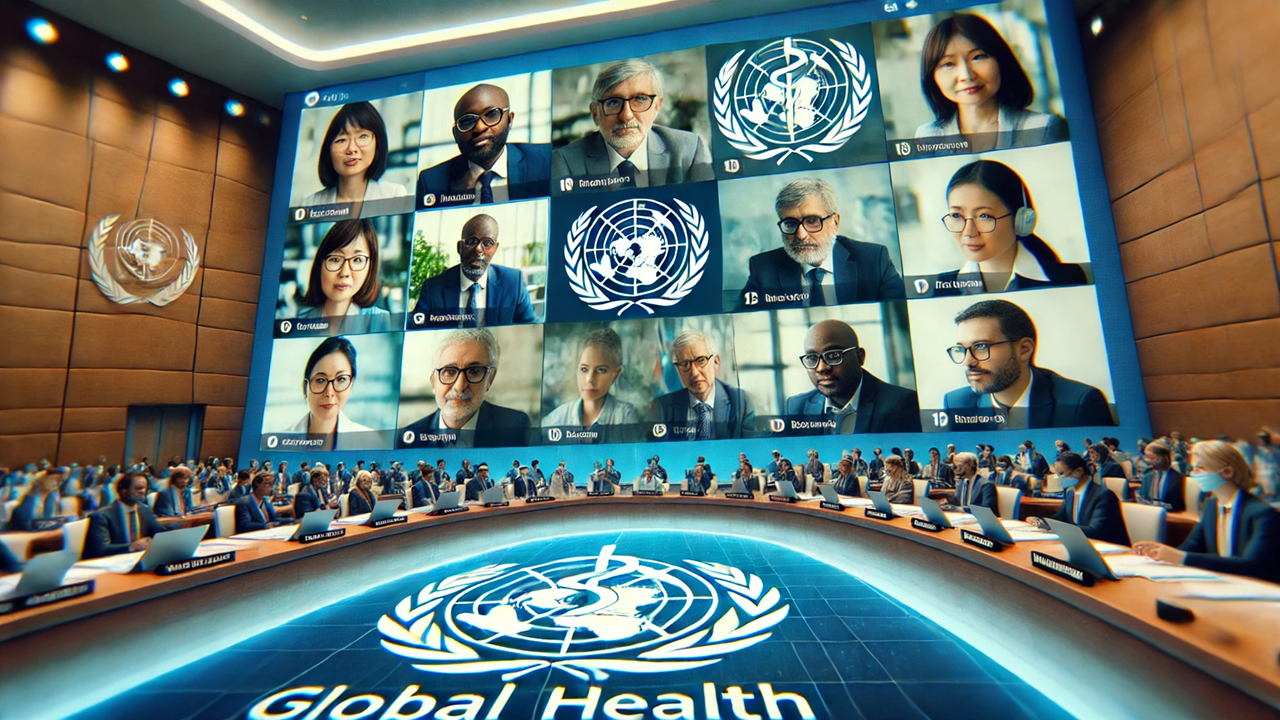Global Health Standards Under the Microscope: WHO Committee Sets New Benchmarks
The seventy-ninth meeting of the WHO Expert Committee on Biological Standardization in March 2024 focused on updating and establishing guidelines to ensure the safety, quality, and efficacy of biological products. The committee emphasized the importance of harmonizing global health standards and discussed the development of new international reference materials for biotherapeutics. The meeting reinforced WHO’s commitment to maintaining high health standards worldwide.

The Evolution of Global Health Guidelines
In March 2024, the World Health Organization (WHO) convened a critical virtual meeting of its Expert Committee on Biological Standardization. Over four days, from March 11 to 14, the committee focused on refining and establishing guidelines that are pivotal to the safety, quality, and efficacy of biological products. As the global health landscape continues to evolve, especially in the wake of the COVID-19 pandemic, these discussions were timely and crucial.
The seventy-ninth meeting of this expert committee did more than just review existing standards; it set new directions for global health governance. To ensure that the highest possible health standards are met worldwide, the committee’s work underscored the importance of keeping health guidelines in step with scientific advancements. This meeting was a testament to WHO’s commitment to leading the charge in global health standardization.
Strategic Directions in Biological Standardization
A major focus of the meeting was the strategic direction of biological standardization. The committee reviewed and discussed recent and planned updates to WHO's written standards for biological products. These standards, which have become increasingly important due to the ongoing health challenges posed by the COVID-19 pandemic, are crucial for maintaining the integrity of health products globally.
Particular attention was given to the WHO guidelines for various vaccines and biotherapeutics. The WHO Product Development for Vaccines Advisory Committee (PDVAC) reported on its support for the development of new vaccines, including those targeting tuberculosis, shigella, and respiratory syncytial virus (RSV). The committee’s discussions highlighted the importance of these vaccines in combating diseases that continue to impact millions, especially in lower-income regions.
The committee's emphasis on updating these guidelines reflects WHO’s proactive approach to ensuring that new health products are not only safe and effective but also accessible to those who need them most.
Enhancing Global Health Safety
Beyond vaccines, the committee also focused on international recommendations and guidelines that ensure the safety, quality, and efficacy of biological products. A significant portion of the discussion centered around monoclonal antibodies (mAbs), which have become a cornerstone in the treatment and prevention of diseases like COVID-19.
Given the ongoing threat of COVID-19 and the emergence of new variants, it was essential for the committee to stress the rigorous evaluation of mAbs. These antibodies, which are critical in neutralizing pathogens, must be carefully tested to ensure their safety and effectiveness. The committee’s work in this area is a clear reflection of WHO’s dedication to upholding the highest standards in health safety.
Additionally, the committee recommended revisions to WHO guidelines on good manufacturing practices for blood establishments and live attenuated rotavirus vaccines. These updates are designed to reflect current practices and technological advancements, ensuring that health products continue to meet the stringent criteria required for global distribution.
The Path Forward: Harmonizing Global Standards
As the meeting drew to a close, the committee turned its attention to the future of biological standardization. A key takeaway was the need for global harmonization of health standards. The committee emphasized that updating these standards is not enough; they must also be applied consistently across different regions and countries. This harmonization is critical for ensuring that biological products maintain their quality and safety as they move through global markets.
The committee also discussed the development of new international reference materials for biotherapeutics, such as golimumab and interleukin-2. Additionally, there were discussions on potentially discontinuing outdated standards, a move that would allow for more relevant and current guidelines to take precedence.
The decisions made during this meeting will have far-reaching implications for global health. WHO’s role in setting and updating these standards ensures that biological products meet the highest possible benchmarks, ultimately safeguarding public health on a global scale.
- FIRST PUBLISHED IN:
- Devdiscourse
ALSO READ
Global Petition Demands Halt of COVID mRNA Vaccines over Safety Concerns
Revolutionising Global Healthcare: Launch of Virtual Hospitals by Mulk International & Ajeenkya DY Patil Group
Global Health News Updates: Key Developments and Challenges
Understanding Pneumonia: A Global Health Challenge
Breakthroughs & Challenges in Global Health Updates










